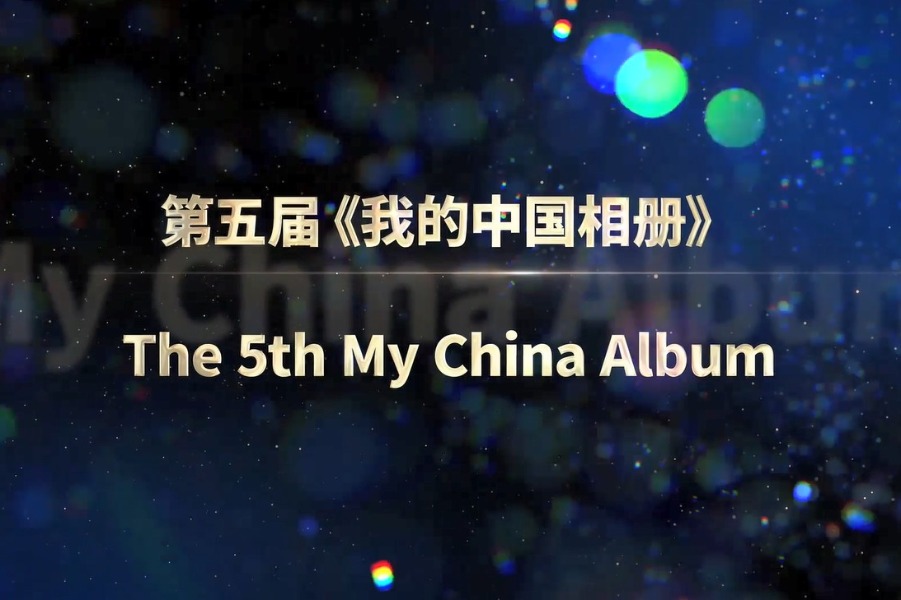Apps take bite out of food waste, reduce emissions
By Earle Gale in London | China Daily Global | Updated: 2021-03-22 05:37
British people are sinking their teeth into the problem of food waste by enthusiastically supporting apps that marry excess with empty stomachs.
According to The Guardian newspaper, millions of people globally now regularly use such apps, ensuring unwanted extra portions do not end up in landfills.
One unnamed London user of an app told the paper she felt happier giving away extra food she had prepared than she did emptying it into a bin.
"It's such a small thing, but it makes me feel good and my neighbor feel good," the woman said. "And a lot of small acts can end up making a big difference."
The Guardian said supermarkets, cafes, restaurants, and individuals all now heavily use apps that ensure extra cooked and uncooked food is not wasted, either by passing it on for free or for a nominal charge.
One of the most popular mobile phone apps in the United Kingdom, Olio, increased its user base five-fold during pandemic-stricken, lockdown-hit 2020, partly because many people who now cook at home are willing to share the fruits of their labor, said Tessa Clarke, the company's CEO and co-founder.
Another app, Too Good To Go, requires people to pay a heavily discounted price for food that would have previously been wasted. The company's app has been downloaded 4.5 million times in the UK since its launch in 2016.
Paschalis Loucaides, the company's UK managing director, told The Guardian: "The customer picks up whatever is left over at the end of the day. We don't pick and choose … Even though we're doing well, we've hardly scratched the surface. It's very challenging."
Other apps connecting people with excess food include Karma, with 1.4 million users, and Hubbub, with similar reach in the community.
Around one-third of all food produced globally each year is wasted, according to the United Nations' Food and Agriculture Organization. With so many people on the planet going hungry, the idea of connecting those with too much with those in need has long been a logical step, but something that was difficult to achieve before the advent of mobile phone apps.
Feeding people more efficiently not only fills a human need but could also slow down global warming, because the 1.4 billion hectares of land that currently produces uneaten food could be used to grow carbon-reducing plants.
A group of United-States scientists also recently contended in a study published in Proceedings of the National Academy of Sciences that food waste could also be turned into liquid biofuels capable of powering jet airplanes and massive cargo ships.
The BBC reported that the waste, which might otherwise decay and produce methane gas, could, instead, displace fuel that is producing greenhouse gases.
The potential biofuel, they say, would therefore produce 165 percent less greenhouse gas than the fossil fuel alternatives it could replace.
























